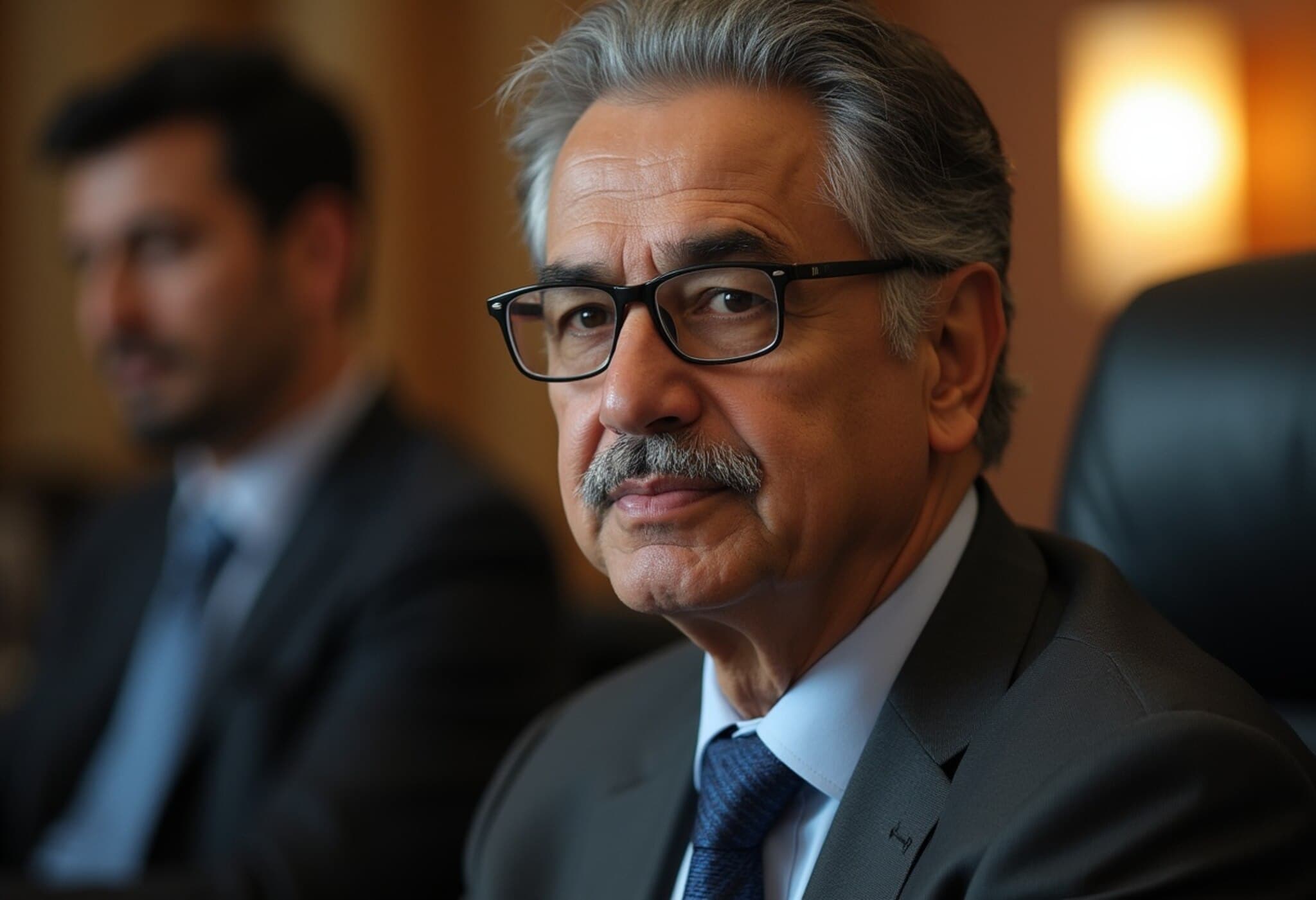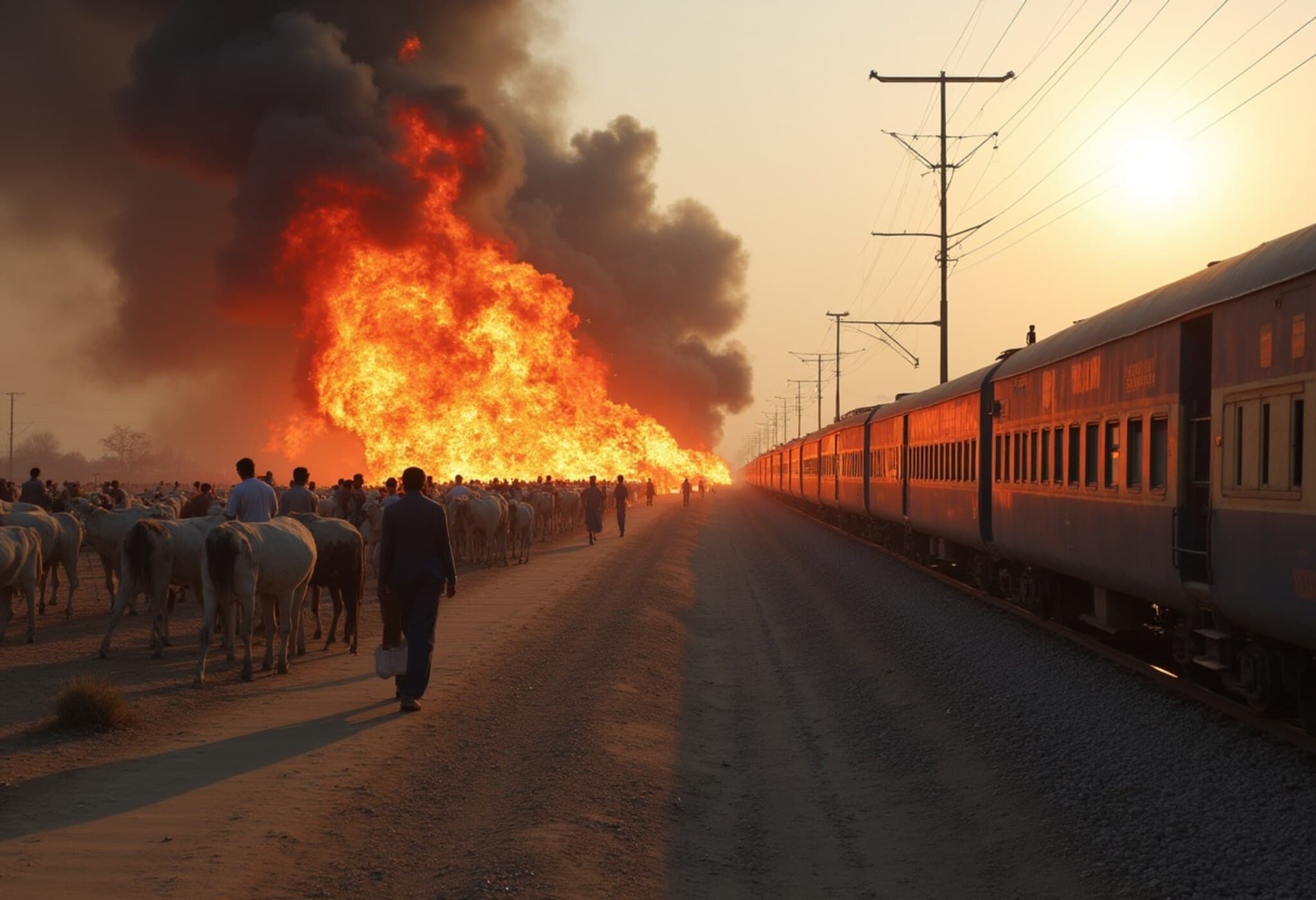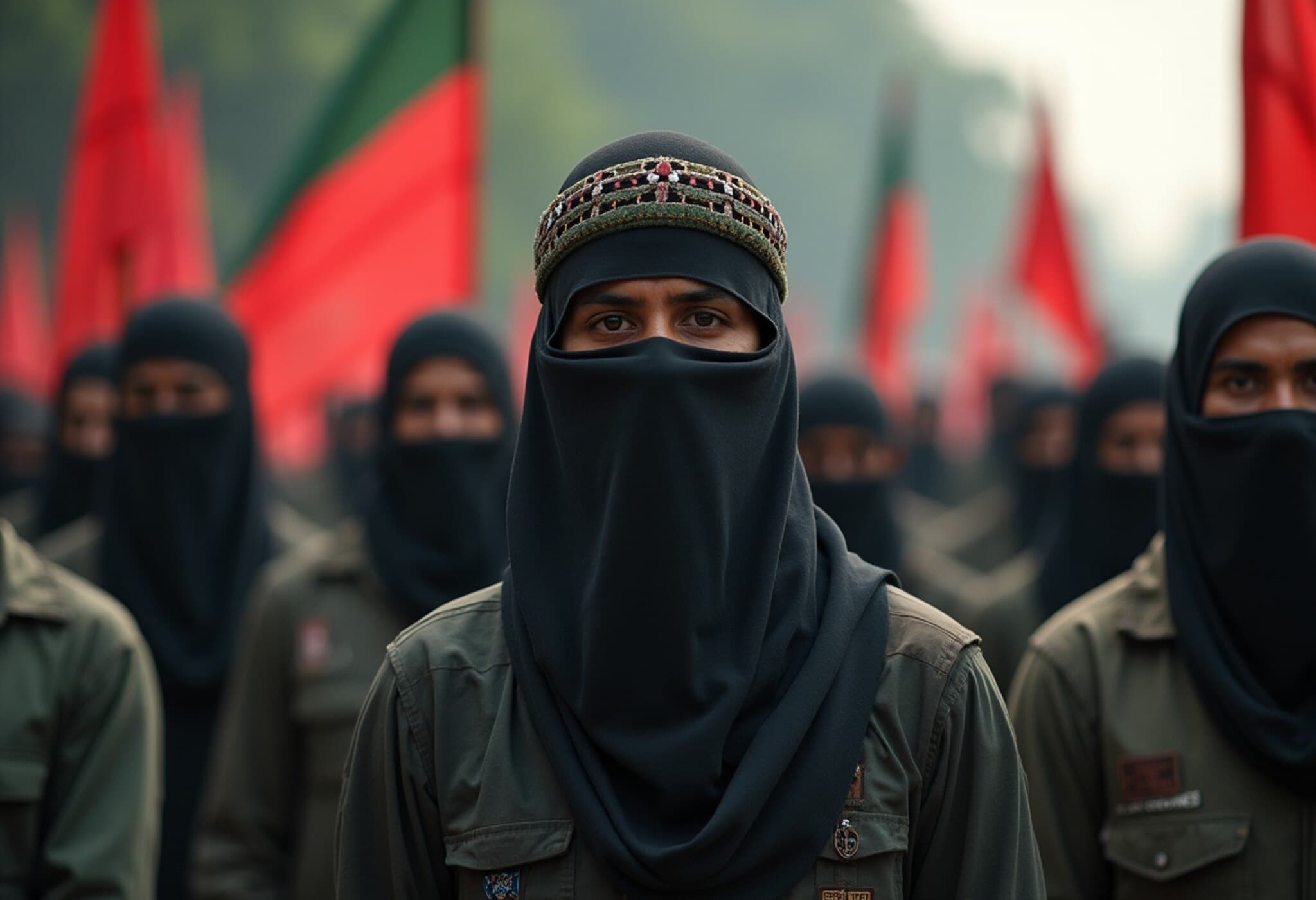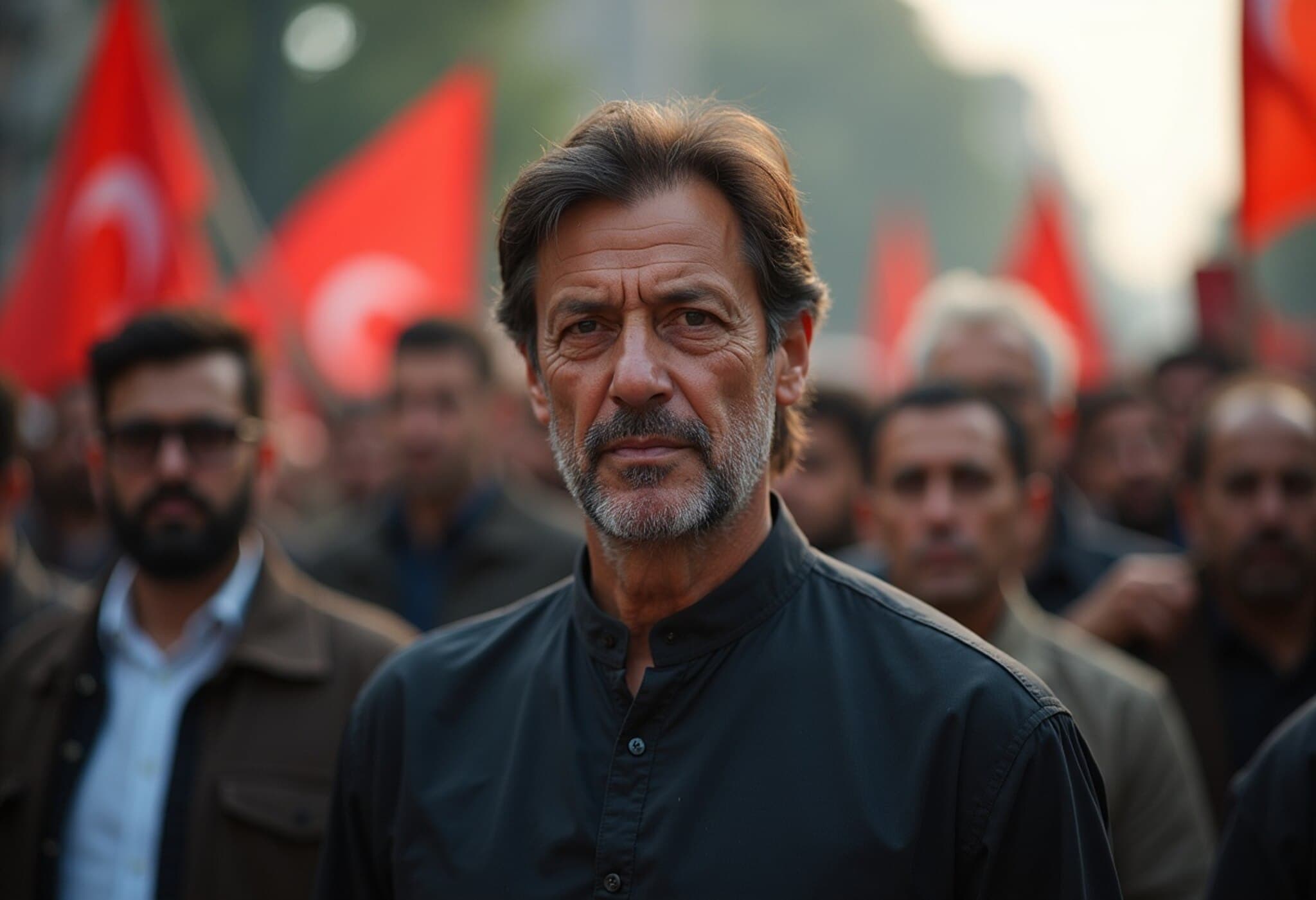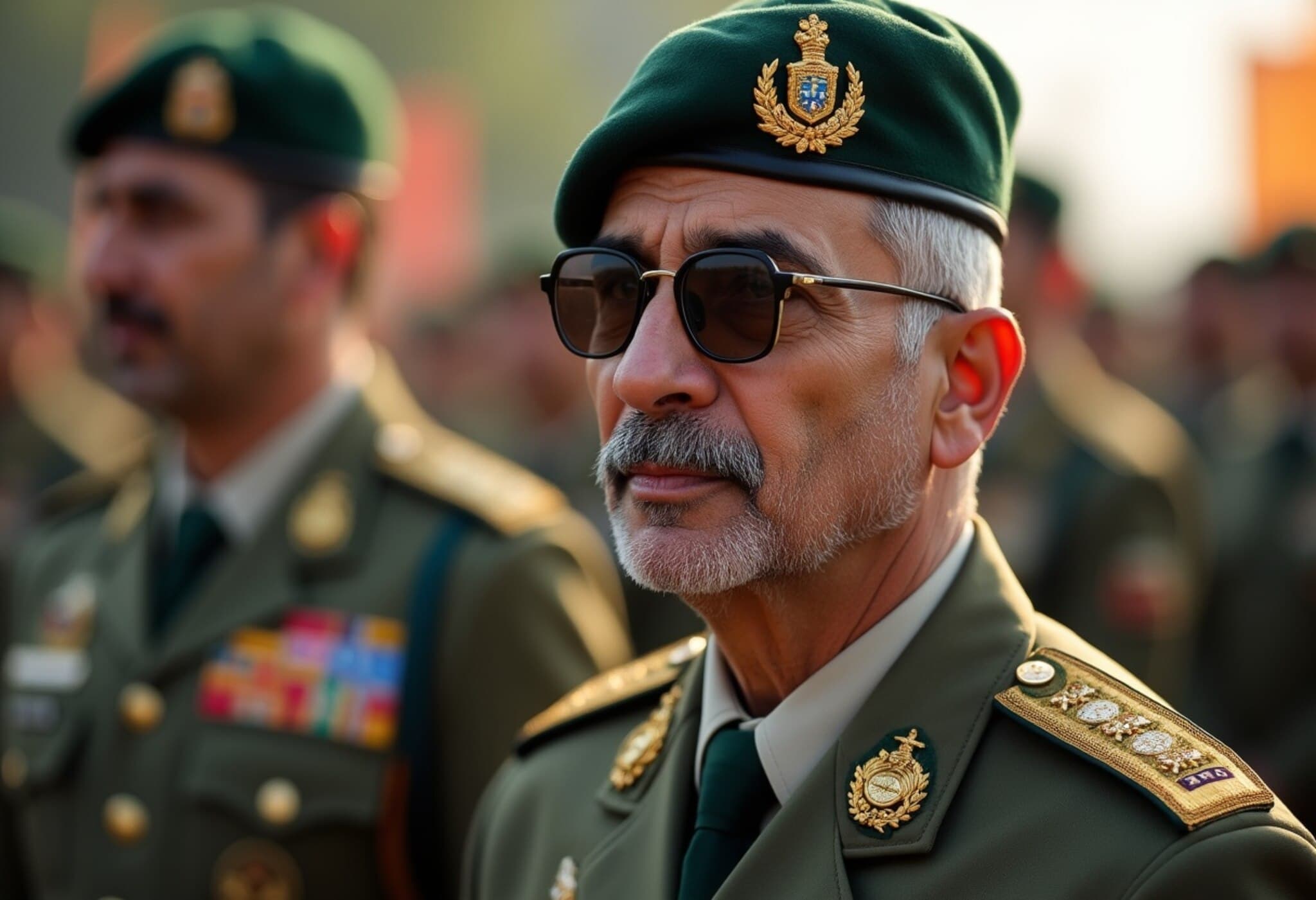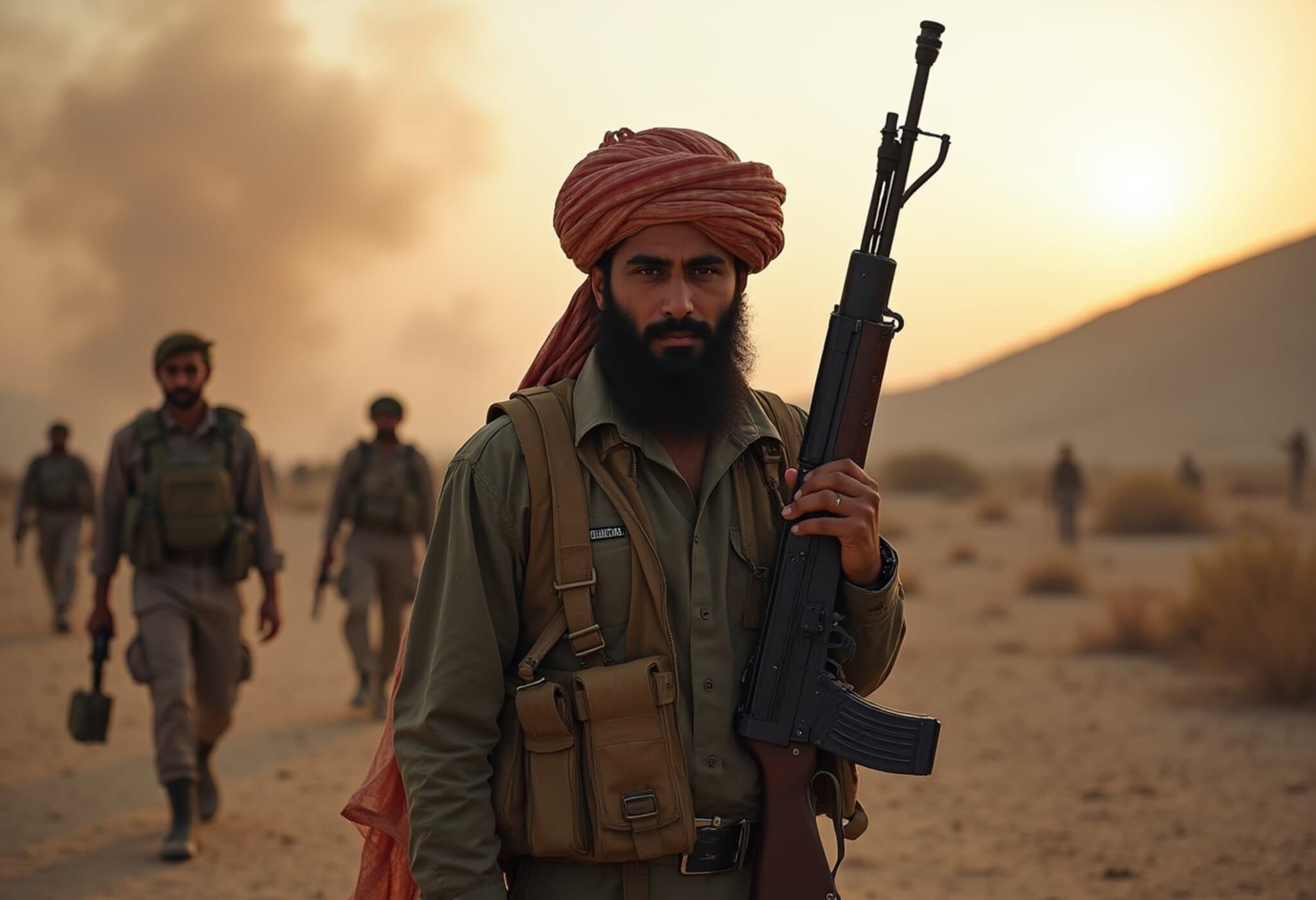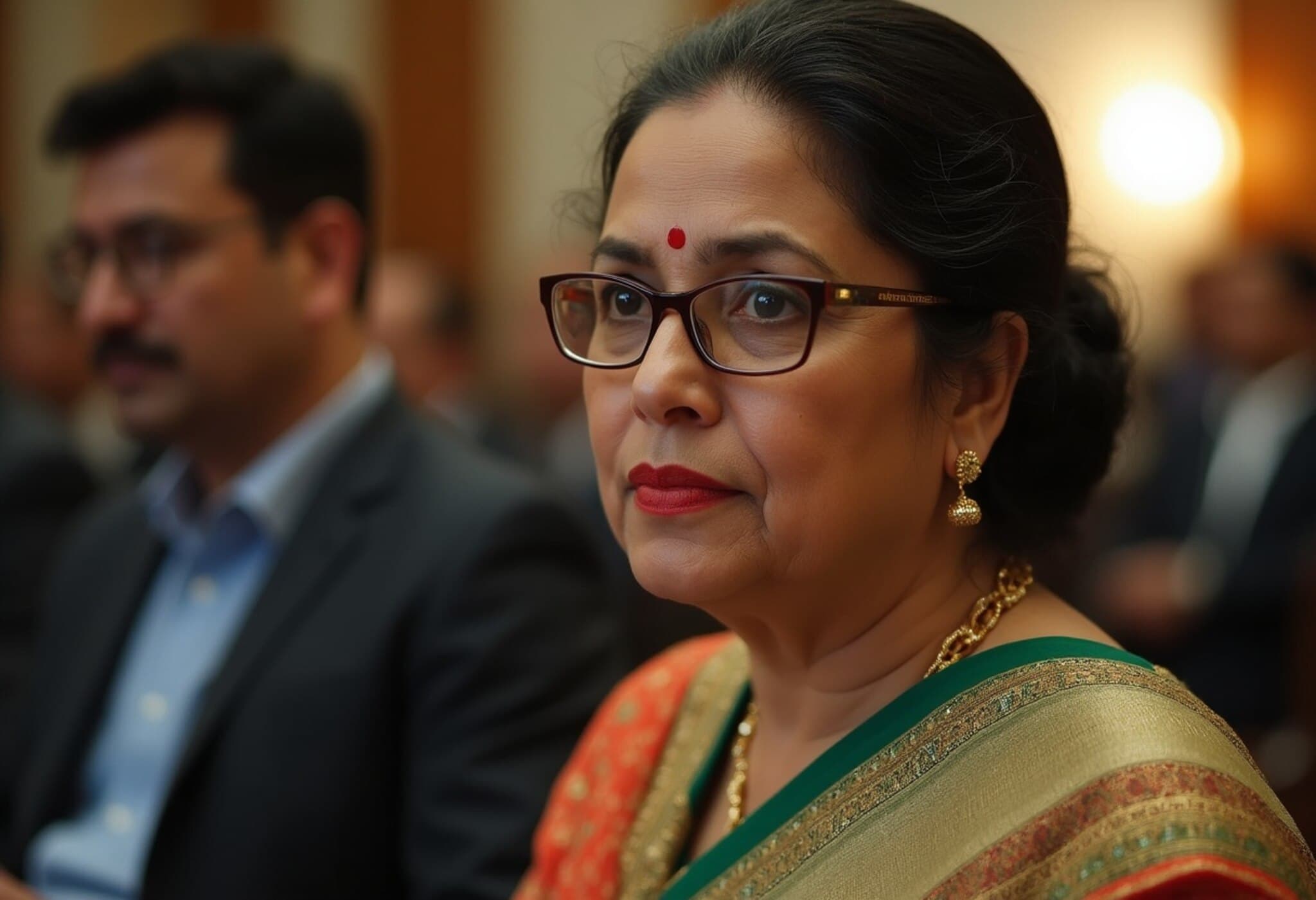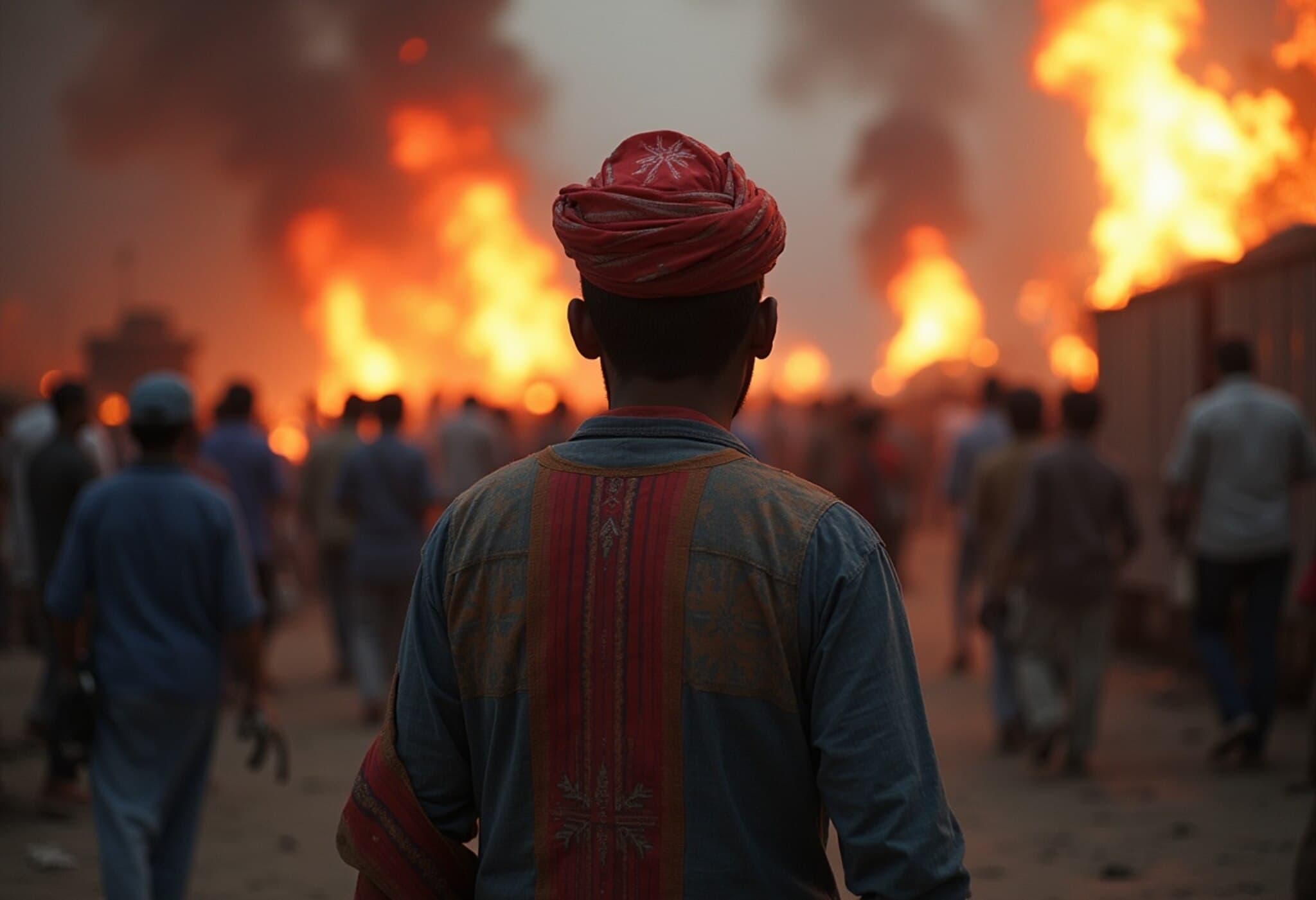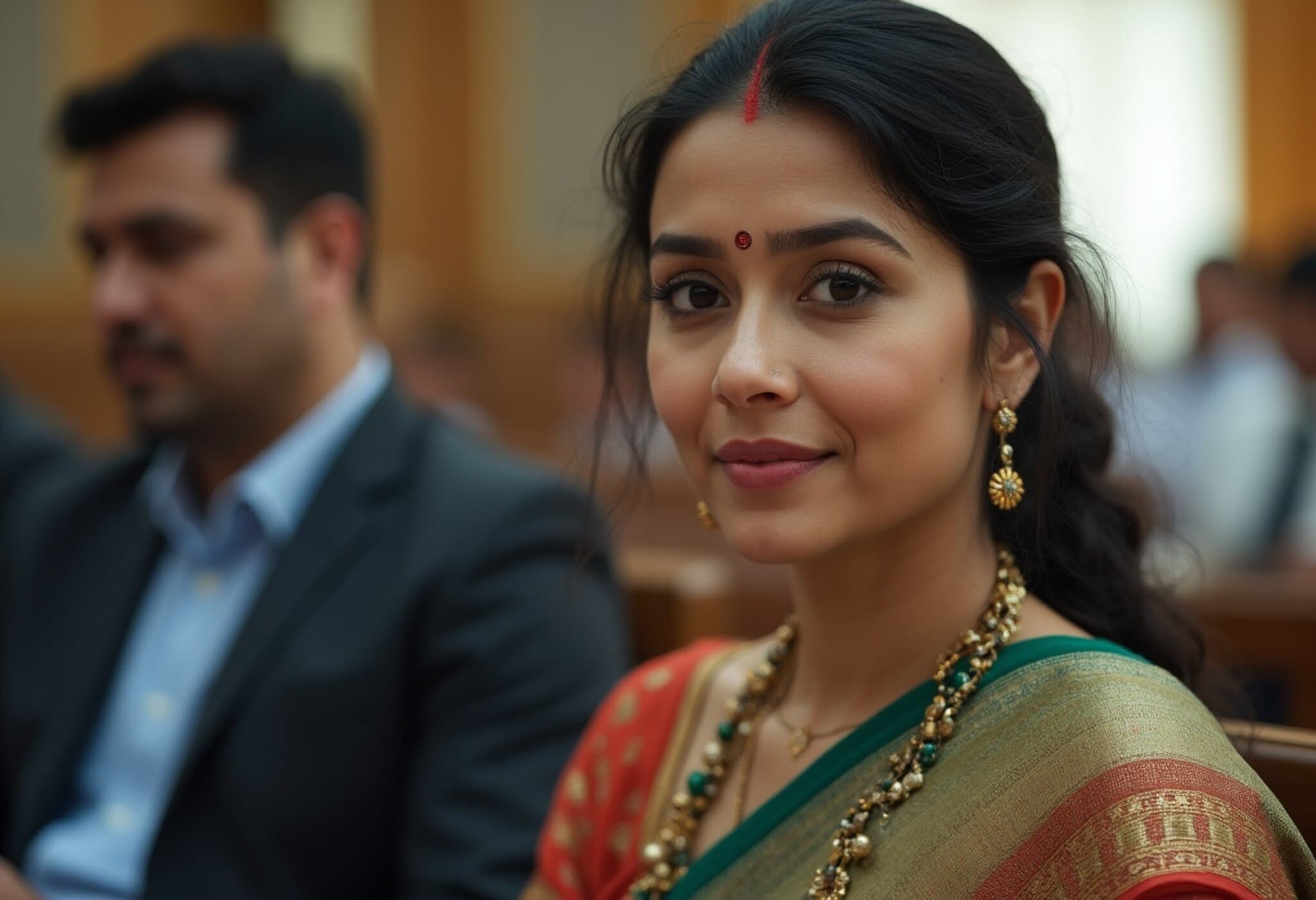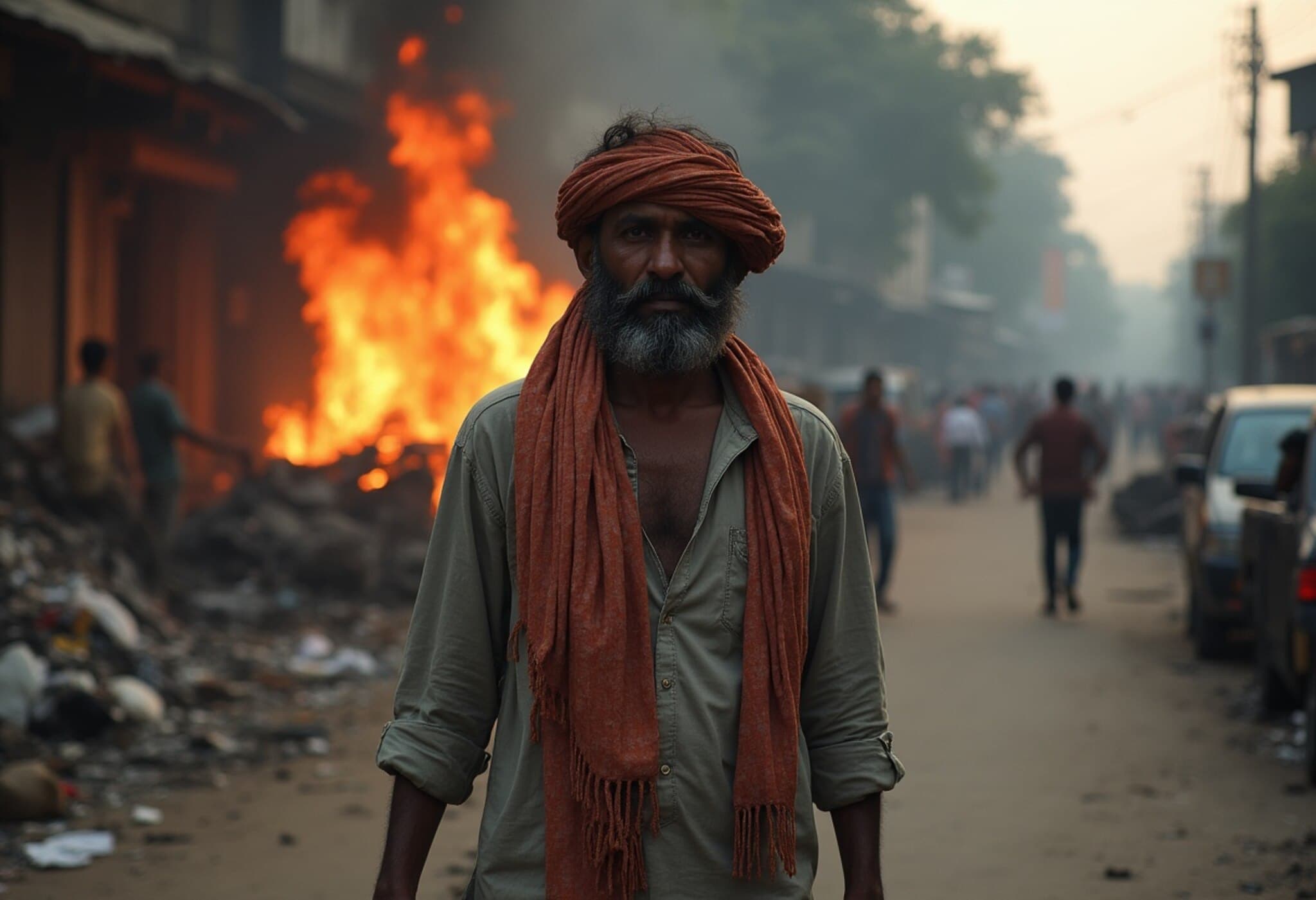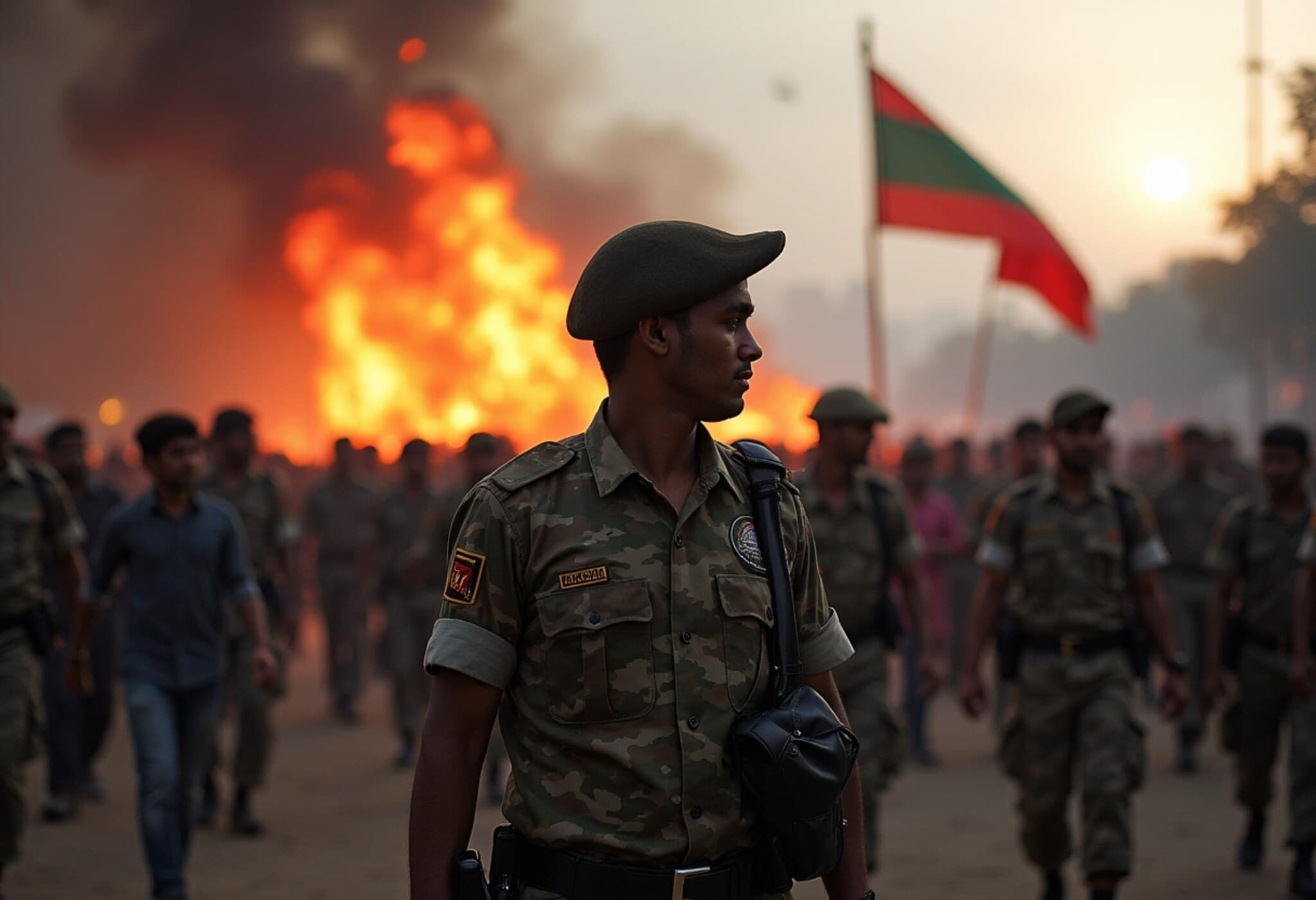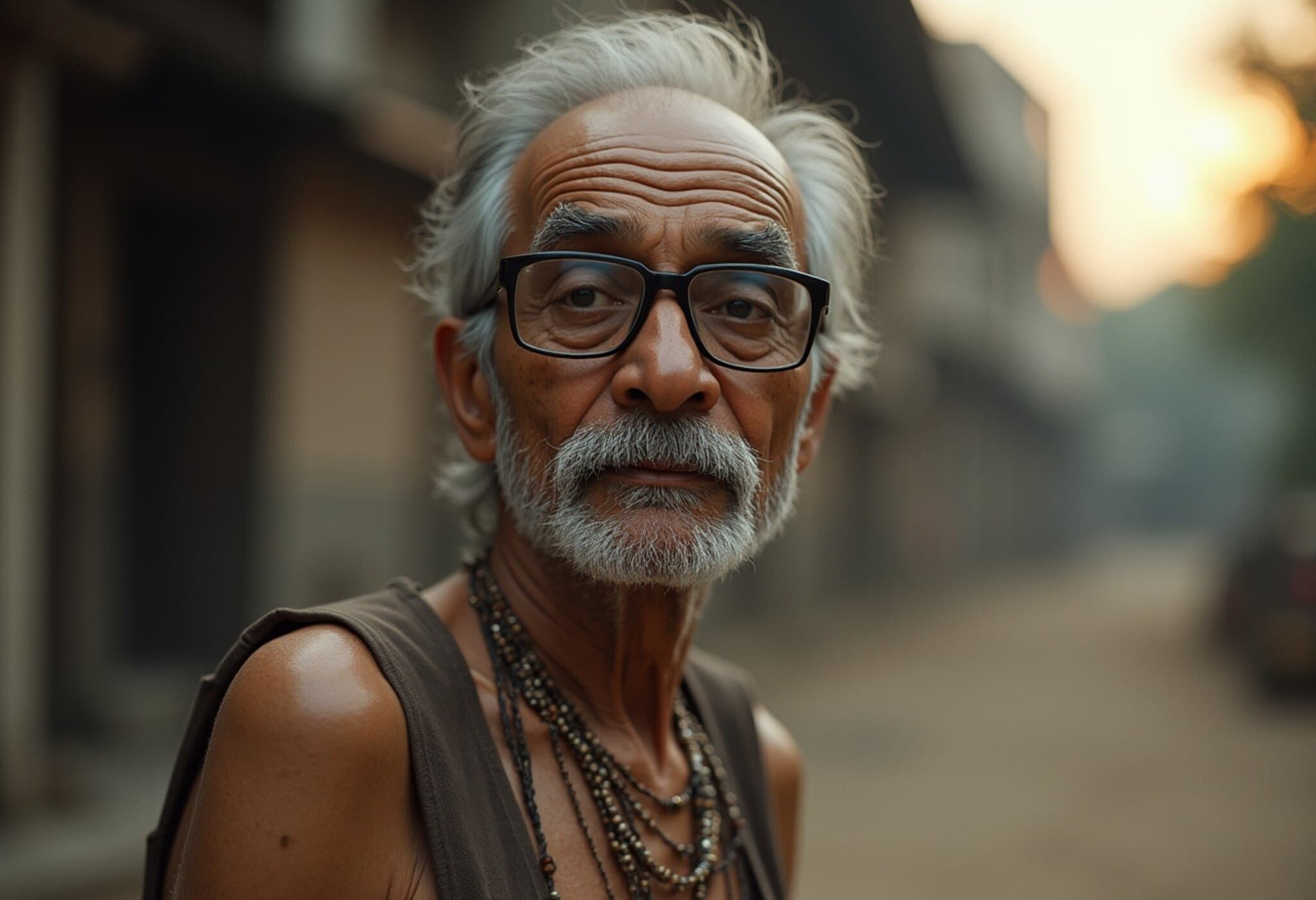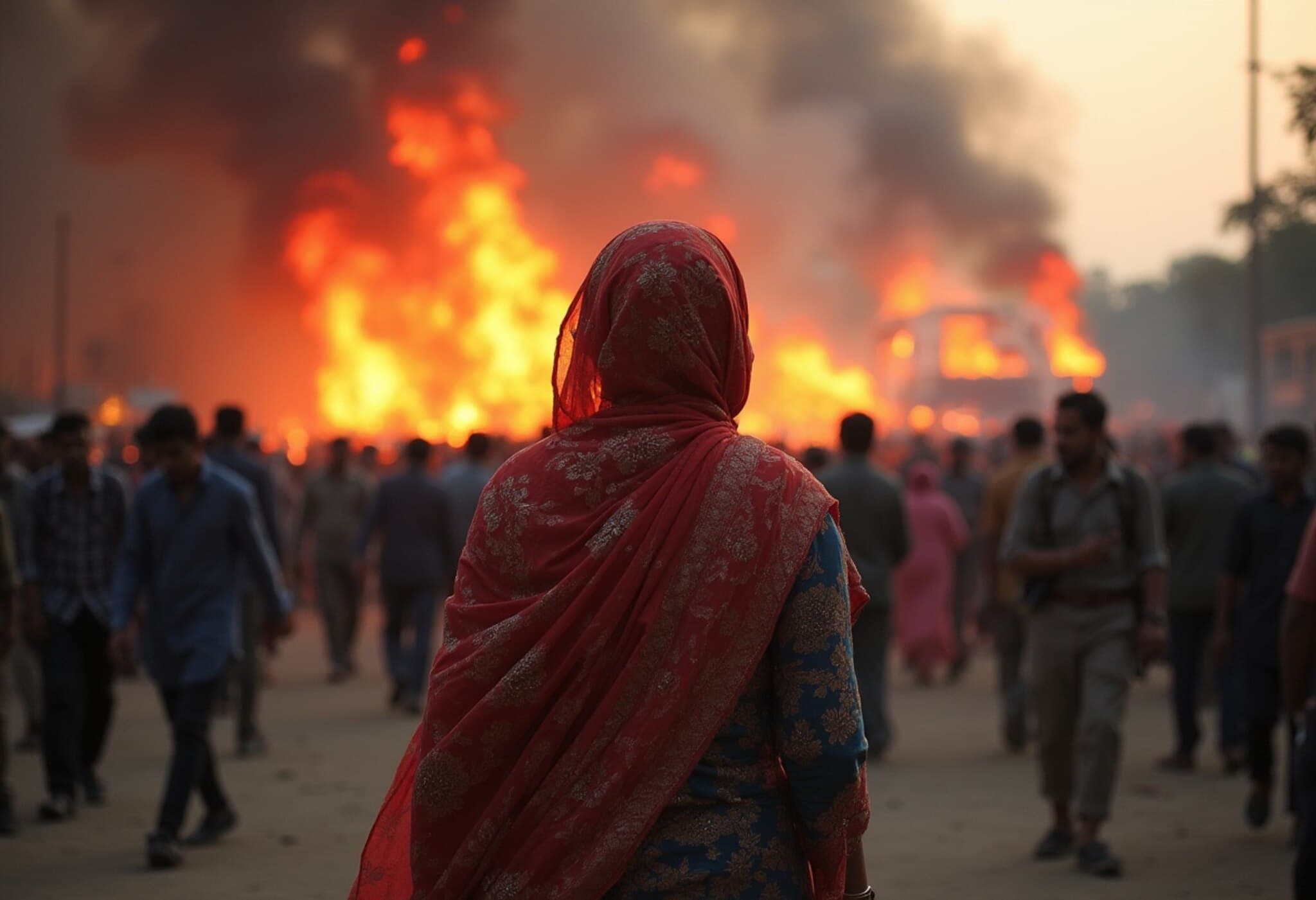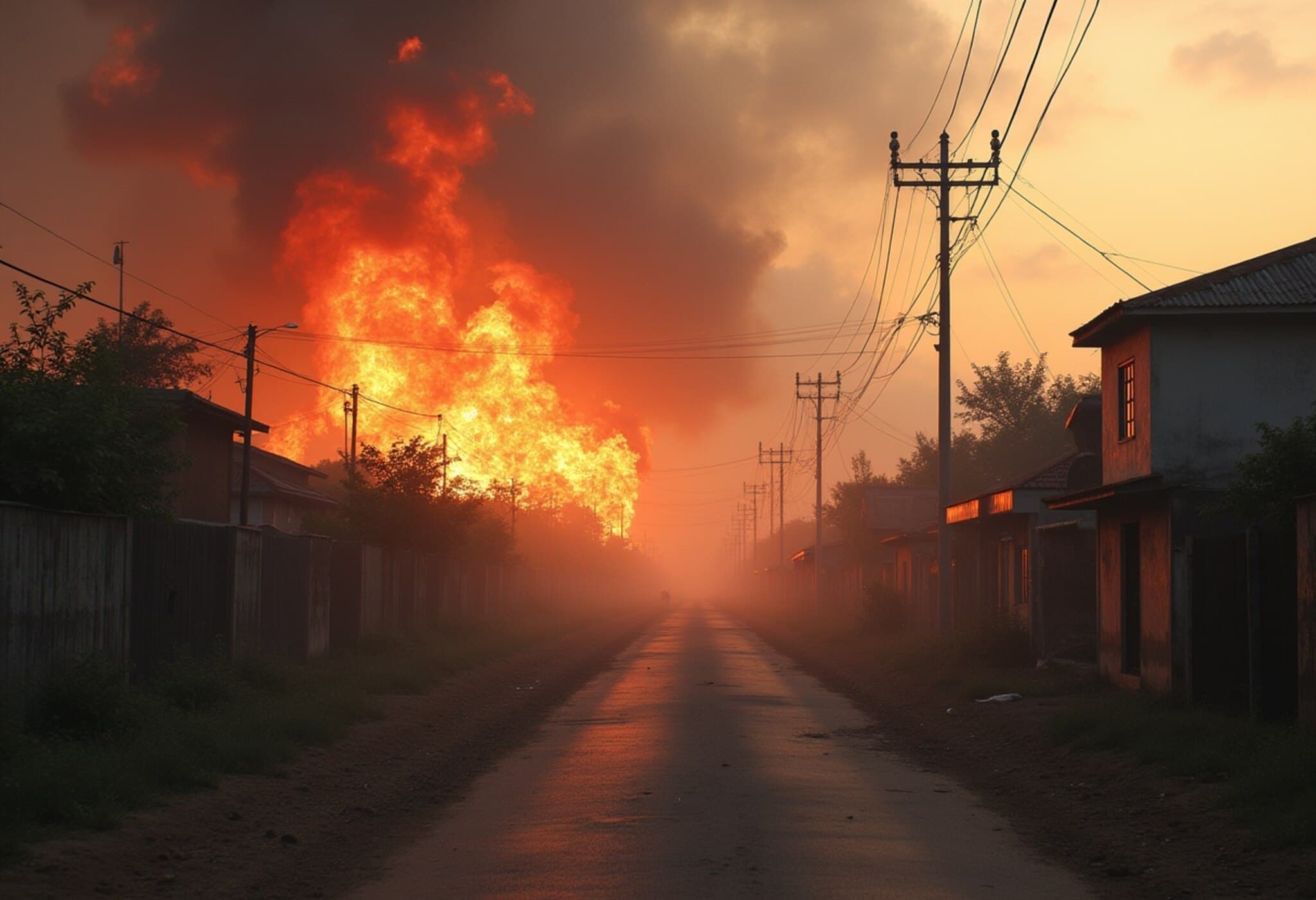Ex-Chief Justice of Bangladesh Arrested and Detained Over 2024 Protest Murder
In a dramatic turn of events, former Chief Justice of Bangladesh ABM Khairul Haque has been jailed in connection with a murder case stemming from the turbulent protests last year that led to the downfall of the Sheikh Hasina government. The allegations centre around the killing of a teenager, Abdul Kaiyum Ahad, during anti-government demonstrations in July 2024.
The Arrest and Court Proceedings
On July 24, 2025, Khairul Haque was arrested by the Detective Branch of the Dhaka Metropolitan Police from his residence in Dhanmondi and subsequently presented before a Dhaka court under tight security. Despite the gravity of these proceedings, reporters note the absence of a defence lawyer to represent Haque during his hearing, a detail that raised eyebrows among legal observers and sparked protests outside the courtroom.
The court, presided over by Additional Chief Metropolitan Magistrate Md Sanaullah, ordered Haque's imprisonment pending trial. The prosecution presented evidence alleging that during the protests, Haque was involved in the fatal shooting of Abdul Kaiyum Ahad near the Kajla police box in Jatrabari.
Details of the Allegations
- Fatal Incident: On July 18, 2024, amidst widespread anti-government protests, Abdul Kaiyum Ahad was shot dead. The shooting reportedly occurred when law enforcement attempted to curb violent demonstrations.
- Multiple Fatalities: Several protesters lost their lives during the unrest, highlighting the severe crackdown by authorities.
- Criminal Breach and Sedition Charges: Beyond the murder allegation, Khairul Haque faces accusations of abusing his judicial position, delivering forged verdicts, and engaging in acts of sedition during his tenure as Chief Justice (May 2011–2012).
- Influence Concerns: Authorities expressed concerns that Haque might interfere with the ongoing investigations, given his former status.
Historical Context and Legal Significance
ABM Khairul Haque, aged 81, served as the 19th Chief Justice of Bangladesh and is remembered for several landmark rulings, including the abolition of the caretaker government system and judgments related to the assassination of Bangabandhu Sheikh Mujibur Rahman and constitutional amendments. His judicial legacy has been a mix of high-impact decisions and controversy.
The allegations against him now mark a historic moment, raising fundamental questions about judicial accountability and the rule of law in Bangladesh.
Public and Legal Community Reactions
The proceedings ignited protests outside the courthouse, with lawyers and citizens expressing outrage both over the allegations and over the fact that Khairul Haque appeared without legal representation, challenging norms of fair trial and due process.
This case has also sparked broader discussions among legal experts and human rights advocates about political interference, the protection of defendants’ rights, and the independence of the judiciary during politically charged trials.
Expert Commentary and Regional Implications
From a South Asian political analyst’s perspective, this incident symbolizes the fraught intersection of politics and judiciary in Bangladesh’s governance framework. The judiciary’s role in political stabilization or upheaval is critical, and the fall of a former chief justice under murder charges is unprecedented.
For international observers, the case flags potential concerns about judicial independence and the politicization of legal processes in Bangladesh. The absence of a defence lawyer for such a high-profile figure also calls attention to the challenges of ensuring equitable legal representation amid politically sensitive cases.
Questions Raised
- How will the judiciary uphold impartiality and due process in politically charged cases?
- What protections can be guaranteed for defendants, especially former officials with significant influence?
- What implications does this have for Bangladesh’s democratic institutions and separation of powers?
Looking Ahead
As the trial unfolds, the global community will be watching closely. The case presents not only a test for Bangladesh’s legal system but also reflects the broader challenges faced in transitional democracies where power struggles often play out in courts as much as on the streets.
Editor’s Note
The imprisonment of ABM Khairul Haque pauses a chapter of Bangladesh’s judicial history that was once marked by controversial but pivotal rulings. It also signals a critical moment to examine standards of legal representation and justice when former high-ranking officials face serious charges. Readers are encouraged to consider the balance between accountability and fair trial rights, especially in politically sensitive contexts. The evolving outcomes here will likely impact future judicial reforms and democratic resilience in Bangladesh.

